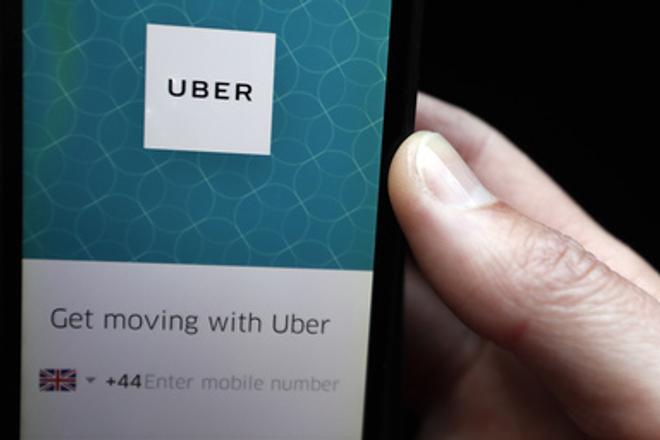The ban on the Uber service introduced in Slovakia in March will probably not be final, as the Transport Ministry is working on an amendment to the Act on Road Transport which would enable its return. Transport Minister Árpád Érsek has invited affected taxi organisations and the third sector to discuss the planned measures, the Hospodárske noviny daily wrote on May 25.
The European Union member states were encouraged to create a space enabling digital platforms to do their business by the European Commission, Robert Chovanculiak of the INESS think tank said, as quoted by the daily.

The proper due law elaborating on how to create space for digital platform enterprise can even help increase tax collection.
Taxi-drivers’ reaction
Taxi drivers say they are not satisfied with the current version of the law. “The changes stated in the law might particularly help the other side,” head of the Civic Association of Licensed Taxi Drivers Matej Krampl said, as quoted by the daily. However, he added that they do not plan to strike anymore.
The amendment to the Act on Road Transport has been through the preparatory phase and is now to be commented on by other ministries. Then, it will be voted upon in parliament.
Ups and downs of the amendment
The draft amendment, prepared by the ministry and the INESS, should liberalise conditions for taxi licenses, creating a special category of so-called contractual transport. It would require a digital platform (e.g. Uber) to send the client information about the drive afterwards, and an electronic document or invoice. If the draft is approved it will require drivers to have a self-employed license or some other form of doing business enabling them to pay taxes.
The shared economy could be used to improve tax collection, the EC claims, adding that full digitalisation will prevent unreported, “black” rides.
Legal digital alternatives could exist parallel to classical taxi services, Chovanculiak argues, giving countries like Latvia or Estonia as examples.


 Uber, illustrative stock photo (source: AP/TASR)
Uber, illustrative stock photo (source: AP/TASR)